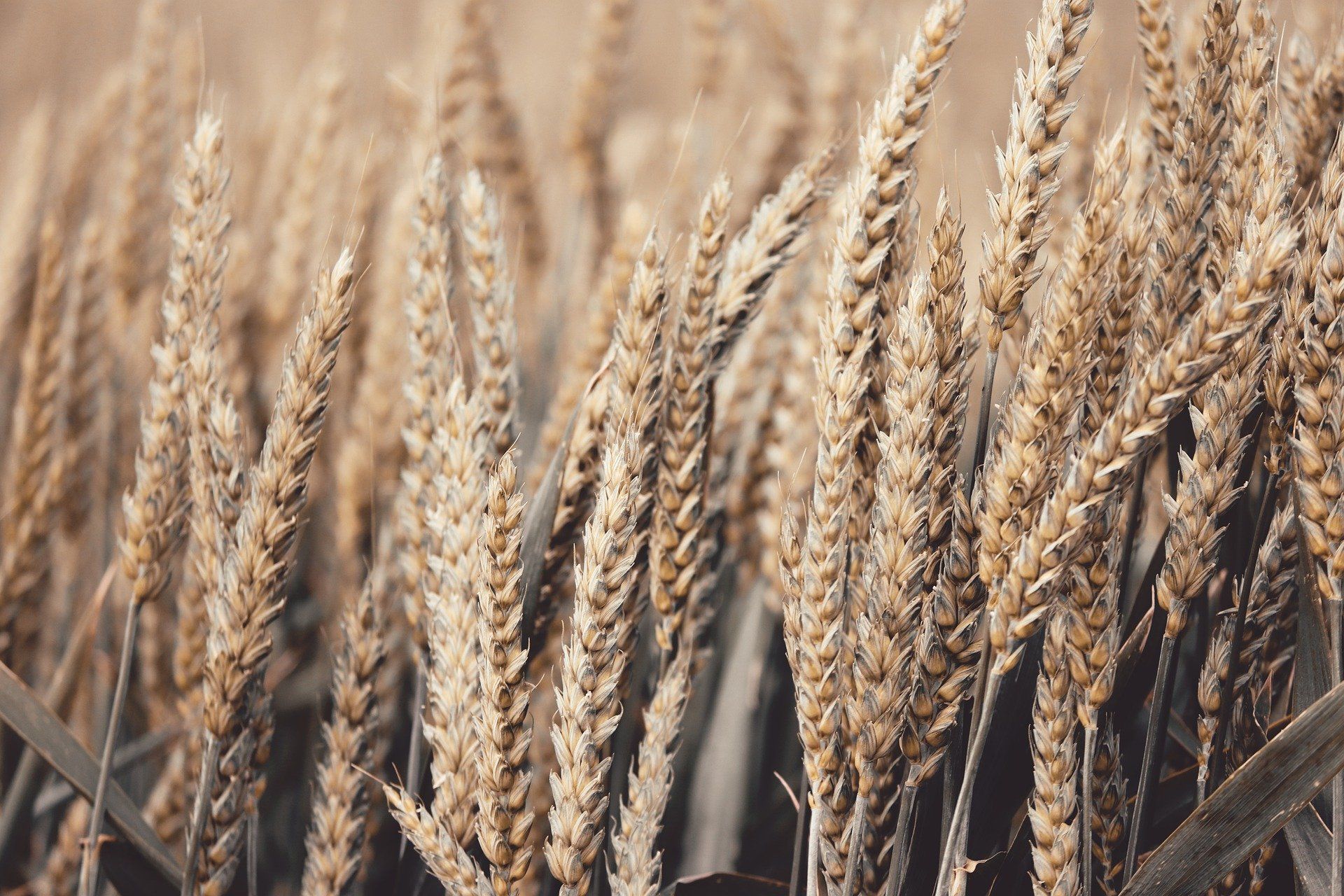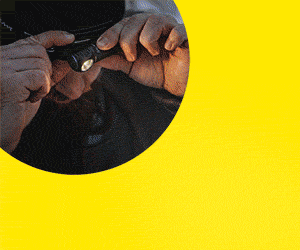1MG FlippingBooks
Has modern wheat breeding caused allergies? New research says no
New research has debunked the myth that all early varieties of wheat were less allergenic than the varieties grown on Australian farms today.
An investigation by Charles Sturt University (CSU) PhD candidate Chris Florides looked into 170 wheat varieties as part of his research through the Australian Research Council ’s (ARC) Industrial Transformation Centre for Functional Grains (FGC).
“My research examined the allergenicity of wheat varieties grown in Australia from 1860 to 2015, including some original varieties brought from England that were bred to suit Australian conditions,” says Mr Florides.
The investigation follows recent speculation that modern genetic techniques have created more allergenic wheat varieties. However, the study found that one of the most allergenic varieties was one grown in the 1800s.
Mr Florides has also developed a diagnostic method and created databases with information on the allergenicity of these wheat varieties.
“I found there is variation in the levels of allergenicity and it’s hoped varieties with a low content of immunoreactive proteins can now be used in wheat breeding programs and the ones with high content avoided,” says Mr Florides.
The research also found that climate plays a significant role in the expression of immunoreactive gluten proteins in wheat. Some varieties can synthesise more immunogenic proteins in hot weather and vice versa.
“It is not possible to develop completely non-allergenic wheat because the gluten proteins, which are responsible for the immunogenic effects of bread and other wheat products, are necessary for the functionality of the flour used to make these products,” says Mr Florides.
While completely non-allergenic wheat might be off the table as an option, it is hoped the research will contribute to the development of low-allergenic wheat that could be used to make products suitable for people who have mild gluten intolerance.















